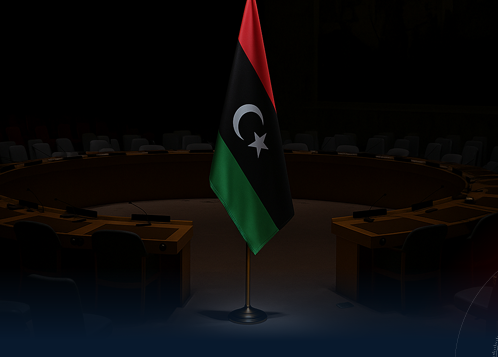Political analyst Moatasem Al-Shaeri believes that the current political parties’ grip on power and the absence of understandings among the politically, executively, and ideologically divided forces are factors that have contributed to the continuation of the stagnation and political stalemate the country has experienced for years.
In a statement to the Sputnik agency, Al-Shaeri explained that the new roadmap presented by the UN mission “recycles the crisis instead of resolving it fundamentally,” considering that the mission has the ability to pressure the parties to bring about real change, “especially since it previously supported the formation of the Government of National Unity, and therefore it can push for the formation of a new government whenever international will is available.”
He added that the current stalemate has negatively impacted various social and economic aspects, causing the crises to become interconnected and intertwined, stressing that a comprehensive political solution is the only gateway to stopping the deterioration and restoring stability to citizens’ lives.
Al-Shaeri pointed out that the bias of international parties, the UN mission, and major powers towards specific factions has complicated the scene and delayed a settlement, calling for Libyans to be left to decide their own destiny, because “the real solution will only come from within Libya itself.”
He stressed that overcoming the stalemate requires internal understandings on contentious issues, foremost among them the sovereign positions and the formation of a unified government, considering that local and international pressures to end the crisis reflect a general weariness with the continuation of the division.
Al-Shaeri concluded by emphasizing that the fundamental solution must lead to comprehensive, fair, and transparent parliamentary and presidential elections to put an end to the state of stagnation that has exhausted both the state and the citizen.
